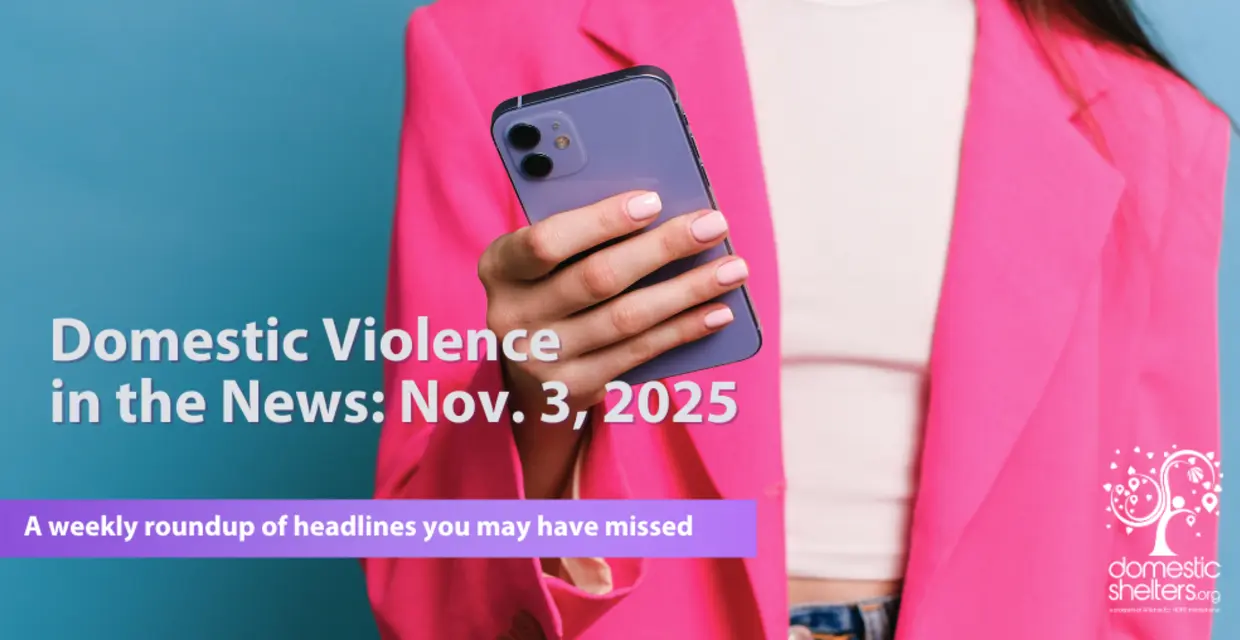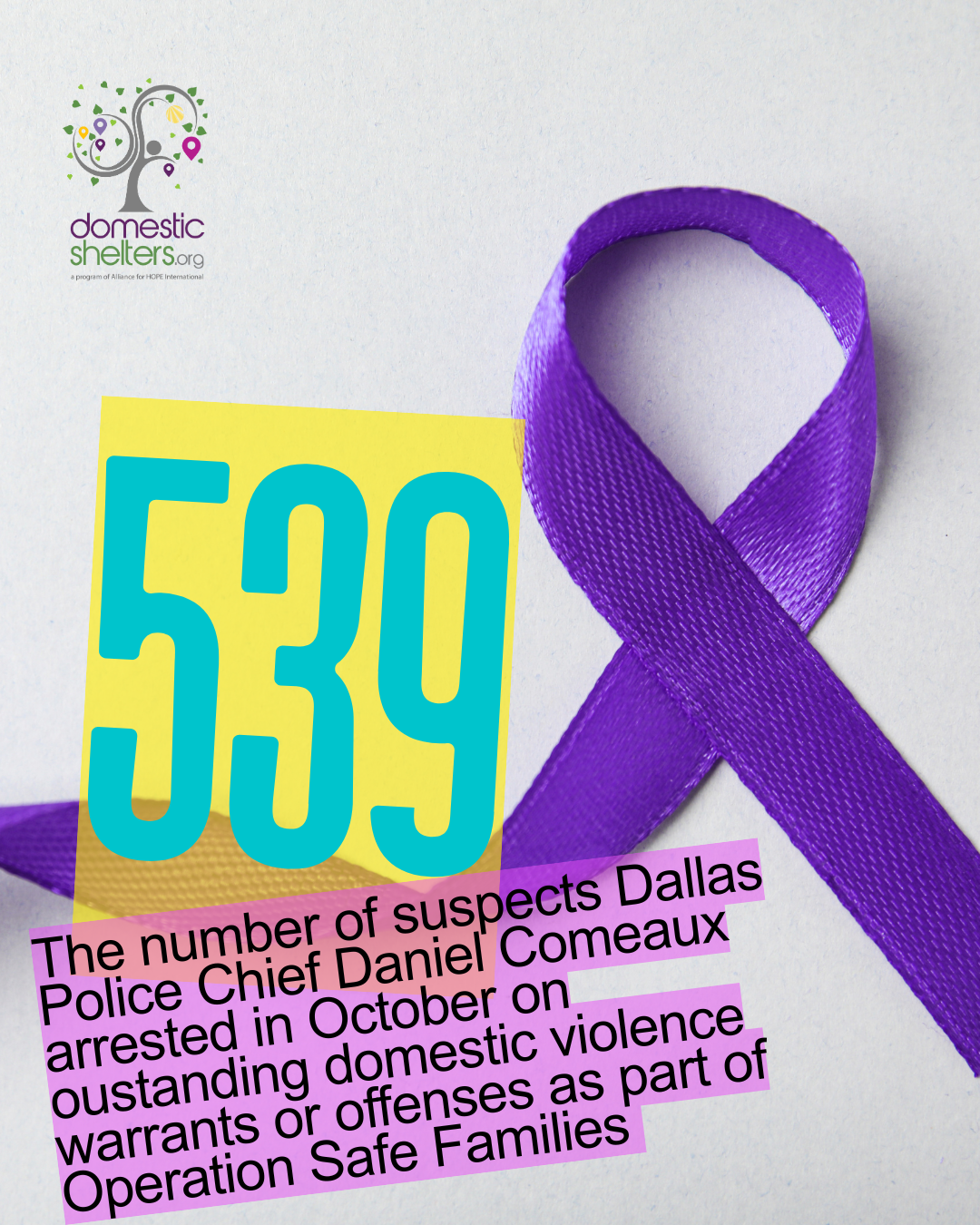1. Select a discrete app icon.

notes
Domestic Violence Headlines for the Week of Nov. 3
Toronto tries to help abusive men stop their urges to abuse and help comes too late for a 21-year-old in Atlanta
- Nov 07, 2025

Toronto Launches Helpline for Men Who Want to Stop Their Abusive Behaviors
A new kind of helpline launched Tuesday in Ontario aimed at men who recognize abusive patterns in their own lives and want to break the cycle. Men’s Counselling Link, which can be reached by dialing 211, connects male callers 24 hours a day, seven days a week to free, confidential counseling to help them deal with anger or harmful relationship patterns before these patterns can escalate into crisis.
Toronto has seen a steady increase of intimate partner violence since 2019, citing over 11,000 calls to police of violence against women and girls in 2024, a jump from 9,000 five years prior.
Catholic Children’s Aid Society (CCAS) of Toronto launched a similar program in September aimed at men who were seeking help to break abusive cycles in their own lives. “We've had men really and truly show remorse for a lot of the things that they did, and [take] accountability for their actions and behaviors,” said CCAS spokesperson Jeffrey Bollers. “And they're striving to become better versions of themselves.”
There has long been debate among domestic violence advocates as to whether abusive partners can change their behaviors and permanently break the cycle of power and control. Jennifer Polzin, CEO of Tubman, Minnesota’s largest domestic violence service agency, says in “What Is Batterer Counseling?” that “violence is a learned behavior, but we know it can be unlearned.” She attests that it’s better to work with, instead of against, abusive partners knowing that many victims will stay with the abuser regardless of whether it’s logically the safest choice.
“If they [abusers] don’t learn to change their behavior, even if they don’t go back to that same partner, they’re going to find another partner, and that relationship is going to have the same, abusive outcome.”
Domestic violence advocate and former attorney Barry Goldstein argued in “Custody Courts Aren’t Believing Kids” that “only accountability and monitoring are effective in reducing domestic violence … This is why all the other approaches have failed to make a difference.”
Source: CBC.ca
Dallas Police Chief Makes Over 500 Domestic Violence Arrests in October
In Dallas Police Chief Daniel Comeaux’s latest targeted enforcement to end violent crime, the Chief arrested 539 suspects last month with outstanding domestic violence warrants and offenses. Calling it Operation Safe Families, it’s the third operation under Chief Comeaux’s leadership to focus on violent offenders—the first two focusing on perpetrators with felony warrants, followed by sexual offenders.
CEO and Founder of the Genesis Women’s Shelter and Support, Jan Langbein, commended Chief Comeaux’s decision, telling local media, "Abuse will not stop until abusers stop abusing, and in my opinion, without accountability and consequences, there is no motivation for abusers to stop abuse.” She says the hundreds of abusers in handcuffs represent “539 less potential beatings, less potential strangulation, less potential stabbings, stalkings and possibly homicides."

In one study, it was found that only 11 percent of domestic violence offenders were actually arrested after assaulting their partner and less than two percent of those offenders ever received jail time. Many offenders escape accountability because they commit abusive acts in private and survivors are afraid or ashamed to disclose. Many survivors fear additional consequences if the abuser goes to jail, or the survivor relies on the abuser for income, housing, childcare or other support. Every day a survivor stays believing she has no other choice increases the risk that the abusive partner’s control and violence will intensify.
There are other ways to get an abuser arrested and find safety. See: “When Domestic Violence Doesn’t Lead to an Arrest: Alternate Ways to Get an Abuser Behind Bars.”
Source: NBCDFW.com
Florida Sheriff’s Office Deputy Attacks Pregnant Wife
In North Lauderdale, Fla., on Tuesday, a Broward Sheriff’s Office deputy was arrested and charged with aggravated battery after he attacked his pregnant wife at their home. Investigators say the verbal and physical altercation stemmed from Deputy Randall Saintlus’,’ alleged infidelity and resulted in Saintlus causing the pregnant victim to “fall” down a staircase, becoming injured.
This is not the first incident of domestic violence for Saintlus, who has been with the Sheriff’s Department since 2018, despite Sheriff Gregory Tony stating the agency has “zero tolerance for domestic violence.” Saintlus is being held on a $35,000 bond and has been placed on administrative leave with pay.
Infidelity can be used as a power and control move within relationships where abuse is present.
“Like any other tactic of abuse, infidelity is committed intentionally and purposely. It’s weaponized,” says Amanda Rodriguez, Esq., CEO of TurnAround, Inc., a domestic violence and anti-human trafficking center in Maryland, in “Is Cheating Abuse? The Role of Infidelity and Accusations in Domestic Abuse.”
Rodriguez describes cheating as yet another way to dominate. It’s often premeditated and pointedly done to hurt the victim in most cases.
“It’s to show, ‘I can do this. I can go out and do what I want to do when I want to do it.’ It creates a subservient relationship with the survivor,” she says.
Pregnancy is an especially dangerous time for survivors who are with abusive partners as their violence and control can often escalate. Abusers may feel like they are no longer the top priority. They may feel like they need to regain control through intimidation, restriction to prenatal care, or through sexual violence. To learn more, read, “Domestic Abuse in Pregnancy: Risks, Signs & How to Get Help.”
Source: Local10.com
21-Year-Old in Atlanta Gunned Down, Boyfriend Suspected
A man is suspected of gunning down his 21-year-old girlfriend in a Duluth, Ga., parking lot last Friday afternoon. Elajia Whitley’s lifeless body was found in her car at a shopping center and police are naming domestic violence as the cause of her death. While no arrests have yet to be made, Whitley’s family says definitively that the young woman was killed by her partner, saying she had taken protective orders out on her boyfriend.
“Elajia, it’s so many beautiful things that you can say about her,” Rhoda Alexander, Elajia’s aunt, told the local TV news station. “Unfortunately, the person that took her life didn’t see that. He didn’t see the beauty in her. He didn’t see the love that her family surrounded her with. If he did, he was jealous of that.”
Donate and change a life
Your support gives hope and help to victims of domestic violence every day.
Whitley was going to school to become a surgery tech. Her family describes her as someone who resonated light, who was always laughing and smiling, and who enjoyed life.
Alexander encourages anyone going through a relationship with an abusive partner to let someone know so you can get help.
“Anybody that goes through domestic violence, don’t give it a second chance. Don’t give it a second thought. Leave,” said Gerald Johnson, Elajia’s older cousin.
Unfortunately, for many caught in the cycle of domestic violence, leaving can be much harder than it may seem for those outside the relationship. One researcher—and survivor herself—compiled 50 barriers she’s seen that have kept survivors trapped with abusers. Overcoming those barriers, such as fear of retribution, guilt or self-blame, financial control or having nowhere else to go, can be done, urge advocates. See “7 Ways to Resist Returning to an Abuser” for help.







